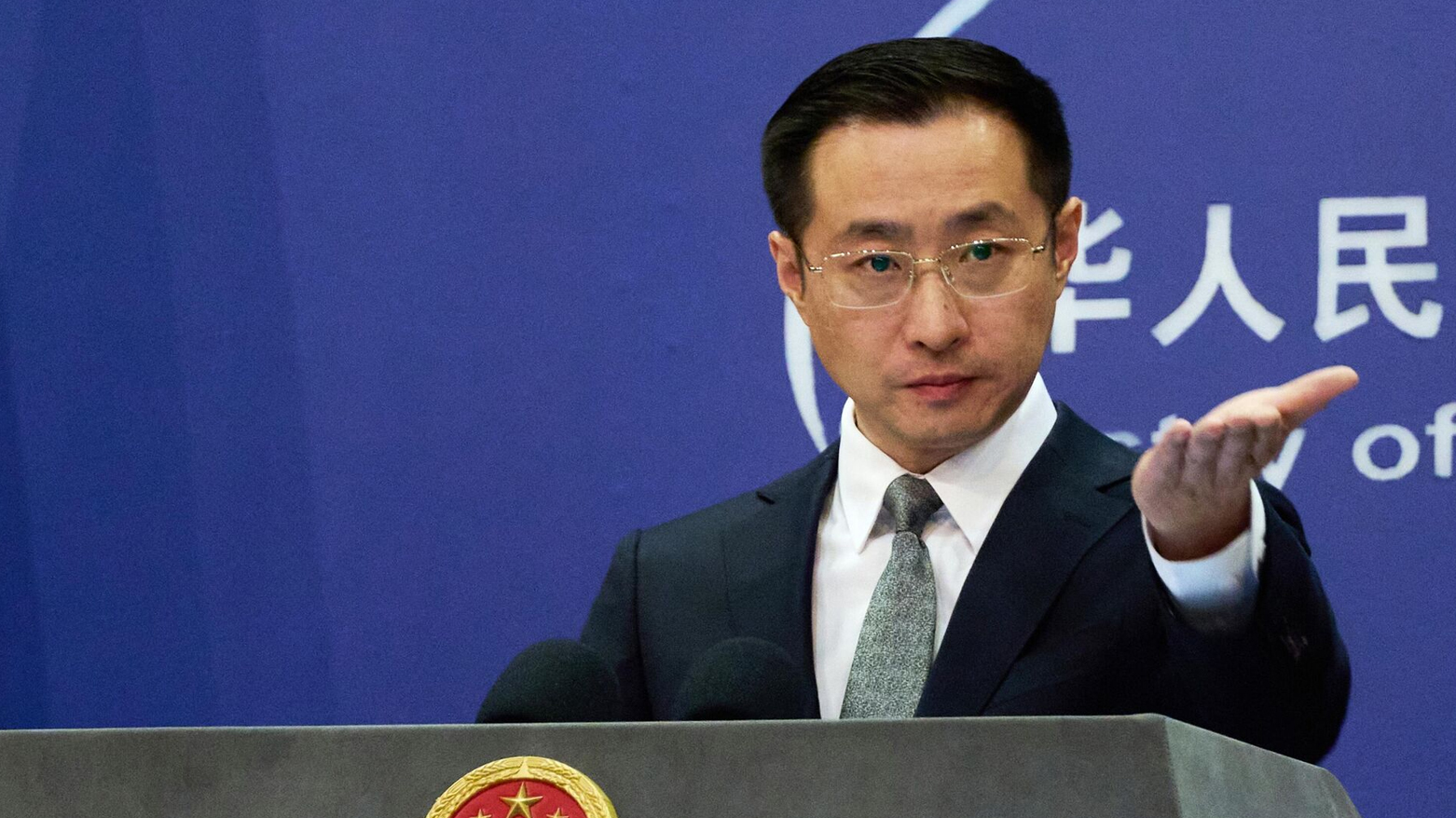China Rejects European Sanctions Threat Against Iran
China opposes fresh sanctions on Iran, backing Tehran's view that European powers lack the authority to trigger the JCPOA's "snapback" mechanism, a move Iran, China, and Russia are legally challenging at the UN.

ERBIL (Kurdistan 24) – China on Friday officially stated its opposition to the imposition of fresh sanctions on Iran over its nuclear program, a move that provides crucial diplomatic support for Tehran amid a looming deadline from European powers.
The statement from Beijing directly counters a warning from Britain, France, and Germany that they would reimpose United Nations sanctions if a diplomatic solution to the nuclear standoff is not found by the end of August.
In a formal statement, Chinese foreign ministry spokesman Lin Jian declared that his country "opposes invoking" sanctions. He further elaborated that Beijing "believes that it does not help parties build trust and bridge differences and is not conducive to the diplomatic effort for the early resumption of talks."
China’s position aligns with that of Iran, whose Foreign Minister, Abbas Araghchi, recently argued that European nations have no legal standing to trigger the "snapback" mechanism to reimpose UN sanctions.
In an extensive interview with the IRIB News Agency, Araghchi asserted that the European powers' insistence on "zero enrichment" for Iran is contrary to the terms of the 2015 nuclear deal, known as the Joint Comprehensive Plan of Action (JCPOA), and therefore disqualifies them from using its provisions.
He detailed a significant legal challenge at the UN Security Council, where he said Iran, China, and Russia are actively contesting the European powers' right to act.
This diplomatic and legal battle centers on the "snapback" provision within the JCPOA framework, which would reactivate previous UN sanctions against Iran.
According to Araghchi, while the consequences would be negative, their economic impact would not add significantly to the extensive unilateral sanctions already imposed by the United States. He explained to IRIB that the UN sanctions are primarily "list-based," targeting specific individuals and entities, and do not include the broader oil or banking sanctions.
However, he acknowledged that a successful snapback would result in the return of the arms embargo and Iran's designation under Chapter VII of the UN Charter as a "threat to international peace and security," outcomes that Tehran is working with Moscow and Beijing to prevent.
The standoff over the JCPOA comes as Iran redefines its cooperation with the International Atomic Energy Agency (IAEA) following a recent attack on its nuclear facilities.
Araghchi stated that any future engagement will be determined by three factors: the role of Iran's Supreme National Security Council, a recent law passed by the Iranian Parliament, and the "on-the-ground realities" at the damaged sites.
He argued that a new framework must be negotiated, questioning how inspections could proceed at a bombed facility without an established protocol.
Beyond the nuclear file, the Iranian foreign minister also addressed several key regional issues in his interview.
He commented on the Zangezur corridor, stating that the situation is now "worlds apart" from initial fears of a major geopolitical shift, with plans having been reduced to the construction of a road by a private American company under Armenian sovereignty.
He also discussed a recent trip by the head of Iran's Supreme National Security Council, Ali Larijani, to Iraq and Lebanon, which Araghchi described as "timely and necessary" for consultations amid sensitive regional conditions.
On the overarching question of a potential conflict, Araghchi told IRIB that, as a veteran diplomat, he does not believe war is imminent.
While he had felt a conflict could be near before a recent "12-day war," he said his assessment has since changed based on regional conditions and the readiness of Iran's armed forces.
He warned against what he termed psychological warfare designed to keep Iranian society in a state of fear and emphasized that preparedness remains the best deterrent.